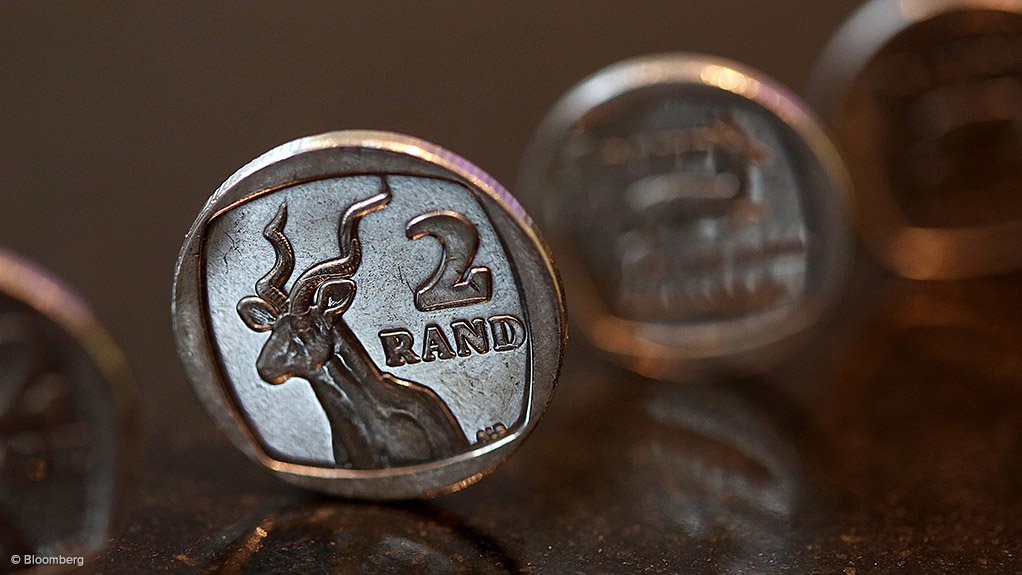The South African Chamber of Commerce and Industry’s (Sacci’s) seasonally adjusted Trade Activity Index (TAI) contracted by four index points for the second consecutive month in August, ending the month at 43 points – nine points below the seasonally adjusted TAI of August 2013.
“This is a significant departure from the average level of 50 that prevailed since February,” the organisation said in a statement on Wednesday.
On an unadjusted basis, the TAI declined by two points from July to August, but was also at a “concerning” level of 43.
August was the first month this year in which the seasonally adjusted TAI dipped below 45.
With subdued economic performance of less than 1% year-on-year growth in the second quarter of 2014, and labour disruptions that impacted the broader economy, domestic trade activity continued to decline, Sacci noted.
“The sales volumes subindex also disappointed and, after being six points down in July, it declined by a further six points to 40 in August,” it stated.
The new orders subindex followed suit, declining by five points in August, while supplier deliveries recovered to 45 after dipping to 39 in June.
In contrast, the inventories subindex rose to 53 in August in anticipation of positive trade expectations.
“The restrained trade conditions reduced pressure on prices, as the selling price subindex decreased by eight points to 50, while the input price index declined by seven points to 63 – much lower than the average of 79 in the first quarter of 2014,” the chamber noted.
The employment conditions index in the trade environment contracted to 45 in August from 46 in July, while the prospects for employment in the trade sector remained positive, with this index increasing by one point to 52 in August.
“However, the latter index is far from strong enough to indicate significant job creation,” said Sacci.
Despite the current subdued trade conditions, 60% of respondents in the August survey remained positive about trade conditions for the next six months.
Expectations for both sales and input prices moderated further in August, in line with declining price pressures currently.
The organisation believed the suboptimal trade conditions and declining prices indicated that the trade environment was experiencing challenging times that may have adverse long-term structural consequences for trade and competitiveness.
“Respondents, however, remained positive about sales volumes, new orders, supplies and inventories in the coming half year,” it noted.
EMAIL THIS ARTICLE SAVE THIS ARTICLE
To subscribe email subscriptions@creamermedia.co.za or click here
To advertise email advertising@creamermedia.co.za or click here











